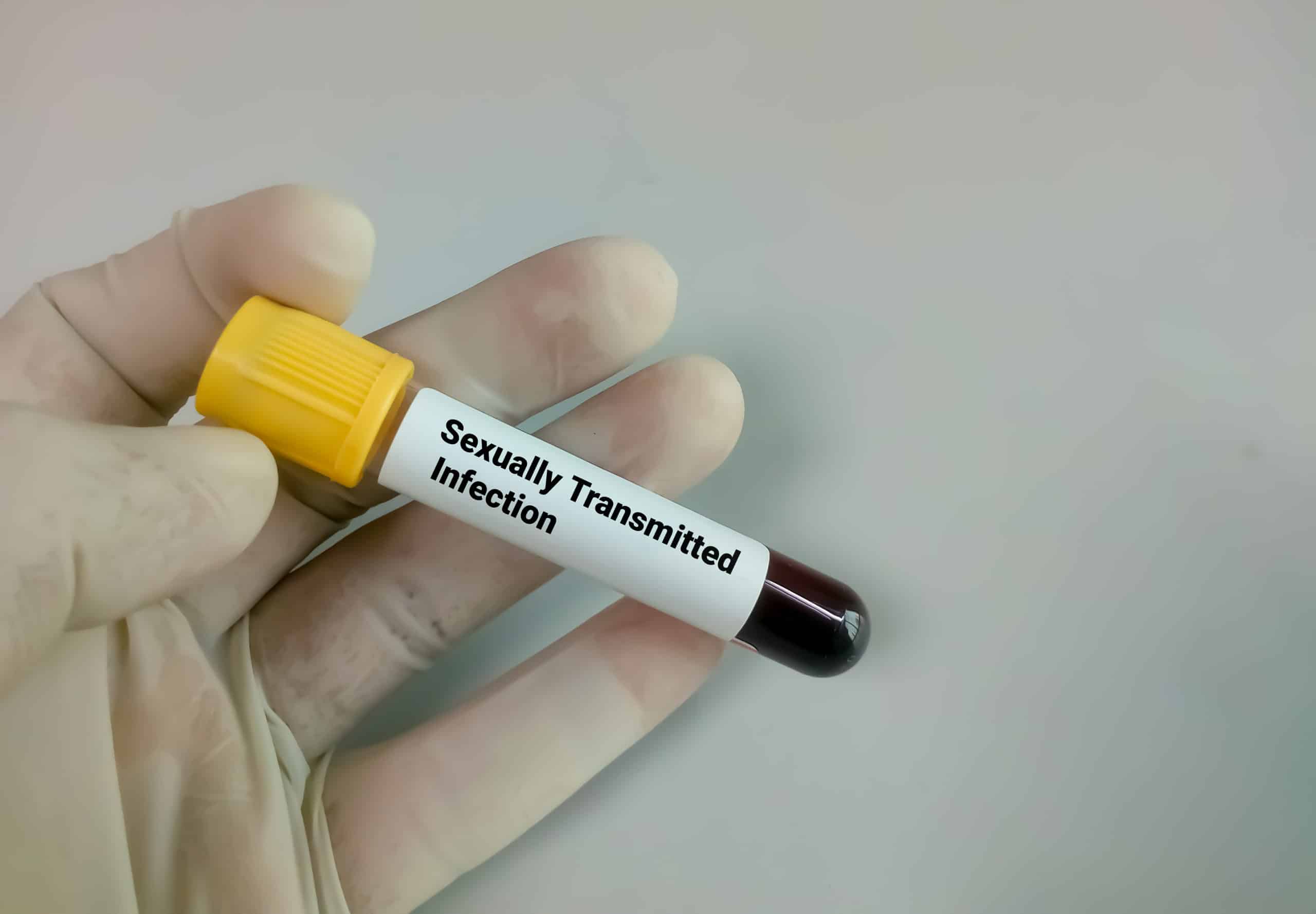STI testing can be daunting and overwhelming, but is a normal and important part of caring for your health. At Carnegie Women’s Health, our OB/GYNs can guide you through your options. Here are some of the basics that you should know about STIs and STI testing.
What are STIs/STDs?
“STI” stands for Sexually Transmitted Infection. This includes any infection that can be passed from one person to another during vaginal, anal, or oral sex. STIs may be local, meaning they only affect one organ or area of the body, or systemic, meaning they infect the entire body. STIs are also commonly called STDs, or Sexually Transmitted Diseases; most people will use these terms interchangeably, though doctors will recognize a difference between disease and infections.
Who Should Get Tested for STIs
STI testing can and should be done for any of the following reasons: if a patient requests it, if a patient’s partner is diagnosed with an STI, if the patient is at high risk for STIs (which can be based on age, underlying conditions, number of sexual partners, and more), if the patient has a history of STIs, or if the patient has any symptoms of STI (including abnormal bleeding or discharge, pelvic pain, pain with intercourse, etc.) You should discuss STI testing with your gynecologist to determine whether testing is indicated for you.
How Often Should You Get Tested for STIs?
Many women will obtain STI testing at their annual GYN exam, though it is not always routinely done. Make sure to discuss it with your doctor during your visit and prior to your exam.
Outside of your regular check-up with your OB/GYN, you can schedule STI tests at any time if you notice symptoms or have had unprotected sex. Some symptoms of STIs can include sores on your genitals, thighs, or buttocks, unusual discharge, burning or frequent urination, itching or swelling in your genital area, or flu-like symptoms.
What are STI Tests Like?
STI tests are simple and painless. The type of test will vary depending on which STIs you are being tested for. These may include:
- Urine tests
- Blood tests
- Swabs of your genitals, anus, urethra, or fluid from a sore or blister
- While a physical exam is not always diagnostic, it can be helpful and should be performed at the time of testing, if possible
Each test varies in terms of how long it takes to get results. Ask your doctor when you can expect to hear from them, and what you should do if you have any abnormal findings. Most STIs are easily treatable, but it is important to do so to protect you and your partners’ overall health!
Schedule an Appointment
To schedule an appointment for STI tests or to learn more about STIs, call Maternal Fetal Medicine Associates in New York City at (212) 235-1335 or contact us online.

